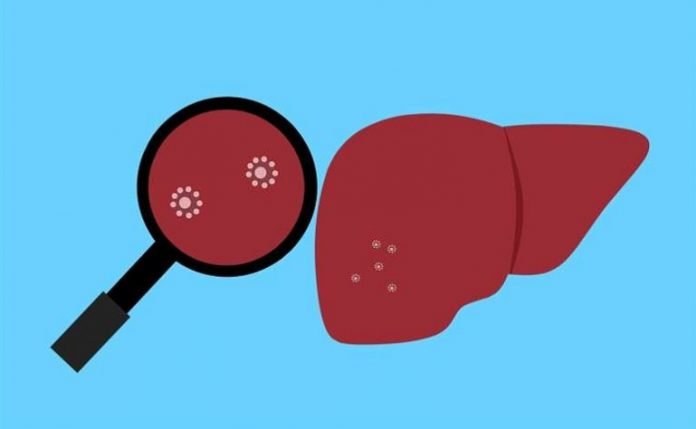
Encouraged by the success of mRNA in COVID-19 vaccines, researchers from Massachusetts General Hospital and Brigham and Women’s Hospital use similar technology to develop more effective liver cancer therapy.
The technology, similar to the one used in COVID-19 vaccines, restored the function of the p53 master regulator gene, a tumor suppressor mutated in not just the liver but also other types of cancer.
When used in combination with immune checkpoint blockade (ICB), the p53 mRNA nanoparticle approach not only induced suppression of tumor growth but also significantly increased antitumor immune responses in hepatocellular carcinoma (HCC) laboratory models.
As Dan G. Duda, DMD, Ph.D. says, the reprogramming of the cellular and molecular components of the tumor microenvironment could be a transformative approach for treating HCC and other cancers.
By using this new approach, researchers are targeting specific pathways in tumor cells with mRNA nanoparticles.
These tiny particles provide the cells with the instructions to build proteins, which, in the case of HCC, delayed tumor growth and rendered the tumor more responsive to treatment with immunotherapy.
HCC is the most prevalent form of liver cancer, characterized by a high mortality rate and dismal prognosis for patients.
Immune checkpoint blockers, a revolutionary new class of drugs that enable the body’s immune system to recognize and attack cancer cells, have shown efficacy in treating HCC, but most patients do not benefit.
To overcome this resistance, multiple strategies are being developed to improve ICBs by combining them with other existing therapies, such as anti-VEGF drugs and radiotherapy.
However, even these approaches are expected to benefit only a small number of patients, creating an urgent need for new combination therapies.
In the current study, the team developed and optimized an mRNA nanoparticle strategy to restore the loss of function of p53, a tumor suppressor gene whose function is lost in more than one-third of HCC cases.
In doing so, they uncovered evidence that p53 regulates the tumor microenvironment by modulating the interaction of cancer cells with immune cells as part of ICB therapy.
The next step for the team is to transfer their research from animal models to patients in a clinical trial.
If you care about liver health, please read studies about common hormone therapy that may reduce common liver disease, and a high-protein diet that may help prevent fatty liver.
For more information about liver disease, please see recent studies about green diet that may strongly lower non-alcoholic fatty liver disease, and results showing that this study finds how to reverse type 2 diabetes and deadly liver disease.
The study was conducted by Jinjun Shi et al., and published in Nature Communications.




